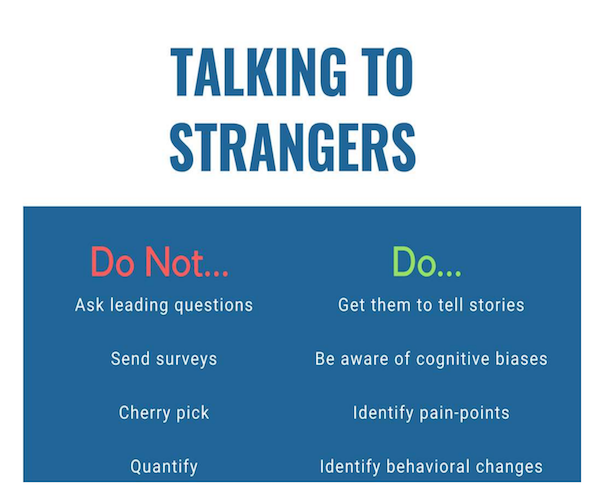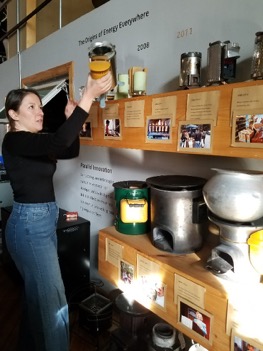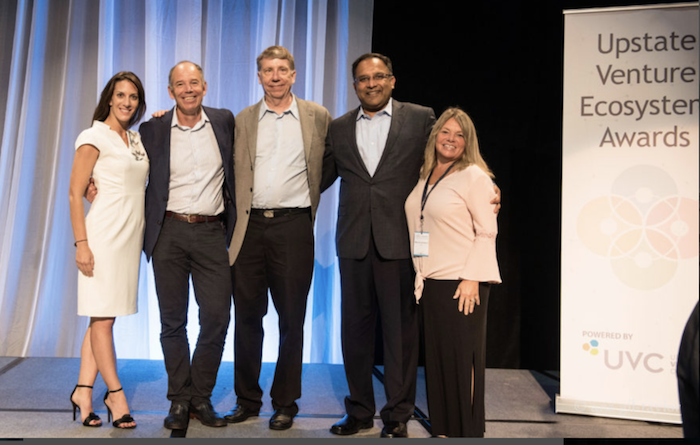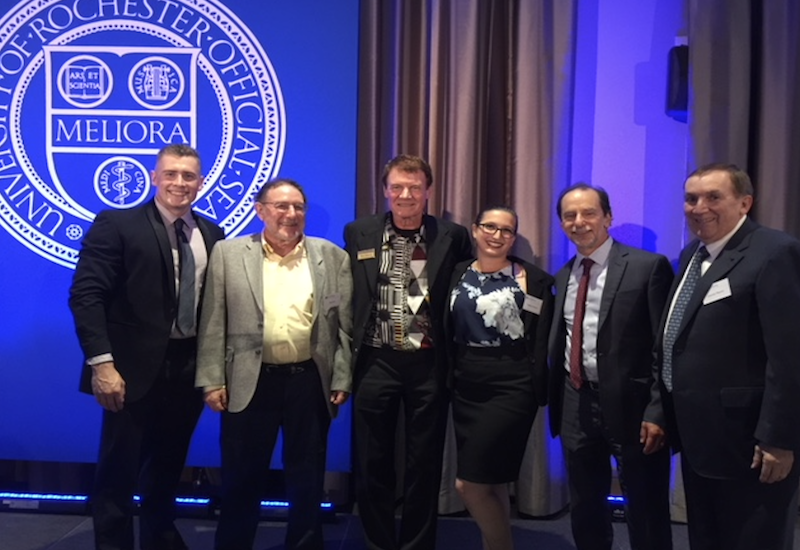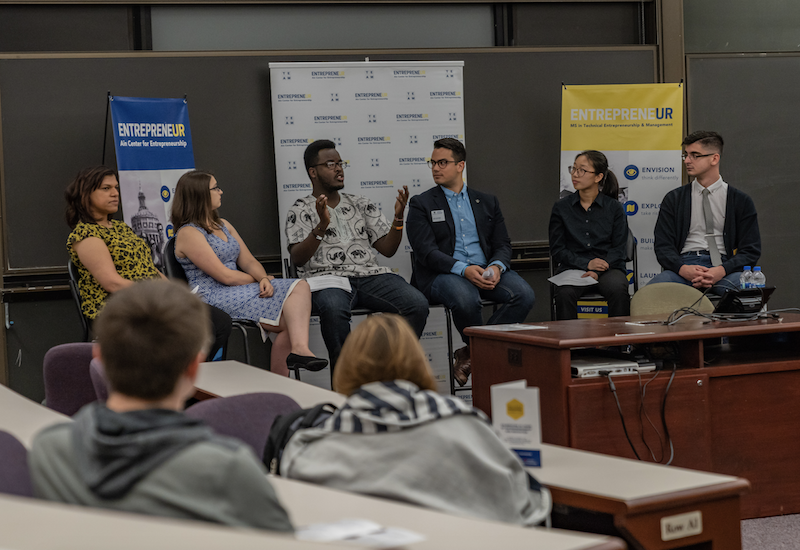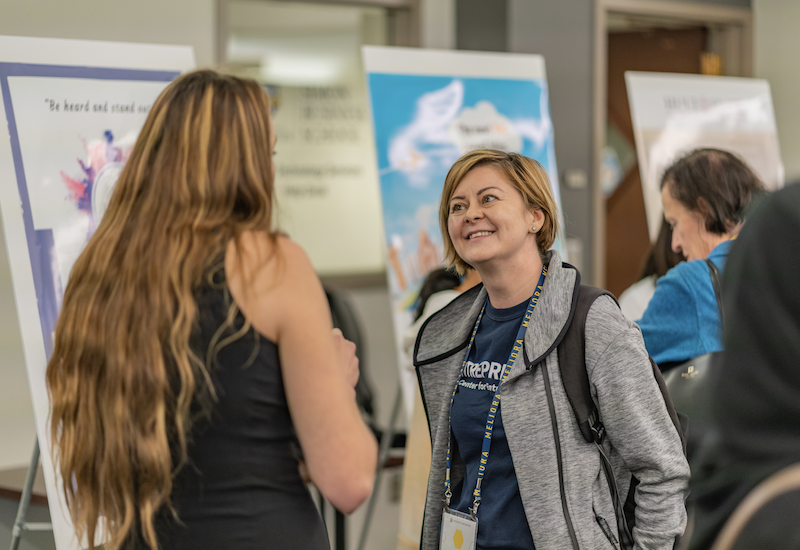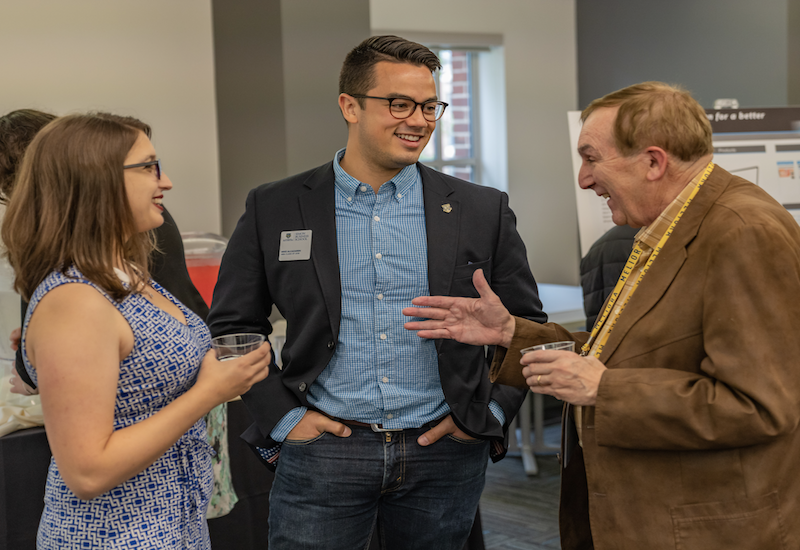WHAT IS THE NYC START-UP CULTURE?
According to Pujari, New York City investors want to see metrics and results before they want to be your investors. It’s a different mentality in San Francisco, where passion and a big idea can win.
No need to fret if you just have an idea though; New Lab, a multi-disciplinary technology center housed at the Brooklyn Navy Yard, has you covered with prototyping help (and a network of VCs, domain experts, and corporate partners included in membership). They welcome you whether you have a team or if you’re a one-person company. New Lab’s interior decorating is also on-point, they bring nature inside to you!
Now I can’t talk about interior decorating without talking about WeWork, a company that designs, builds and operates workspaces for companies from startups to large businesses. As we got off the elevator on their main floor, I was cheerfully greeted by vibrant walls with basketball hoops attached. After taking a few steps further in, we saw adorable furry friends freely roaming around the urban-chic, glass and aluminum office, mingling along with the bustling people.
(By the way – WeWork offers free beer on tap and a free latte/espresso bar for all. I didn’t think I could be any more impressed, until I learned about the way they are utilizing data to humanize work and transform the spaces we work in. Not to mention, WeWork Lab can also help if you are at the idea-seed stage.)
Besides being starstruck by the facilities and the nature of the entrepreneurial spirit there, I also got to learn valuable life lessons directly from the NYC entrepreneurs.











